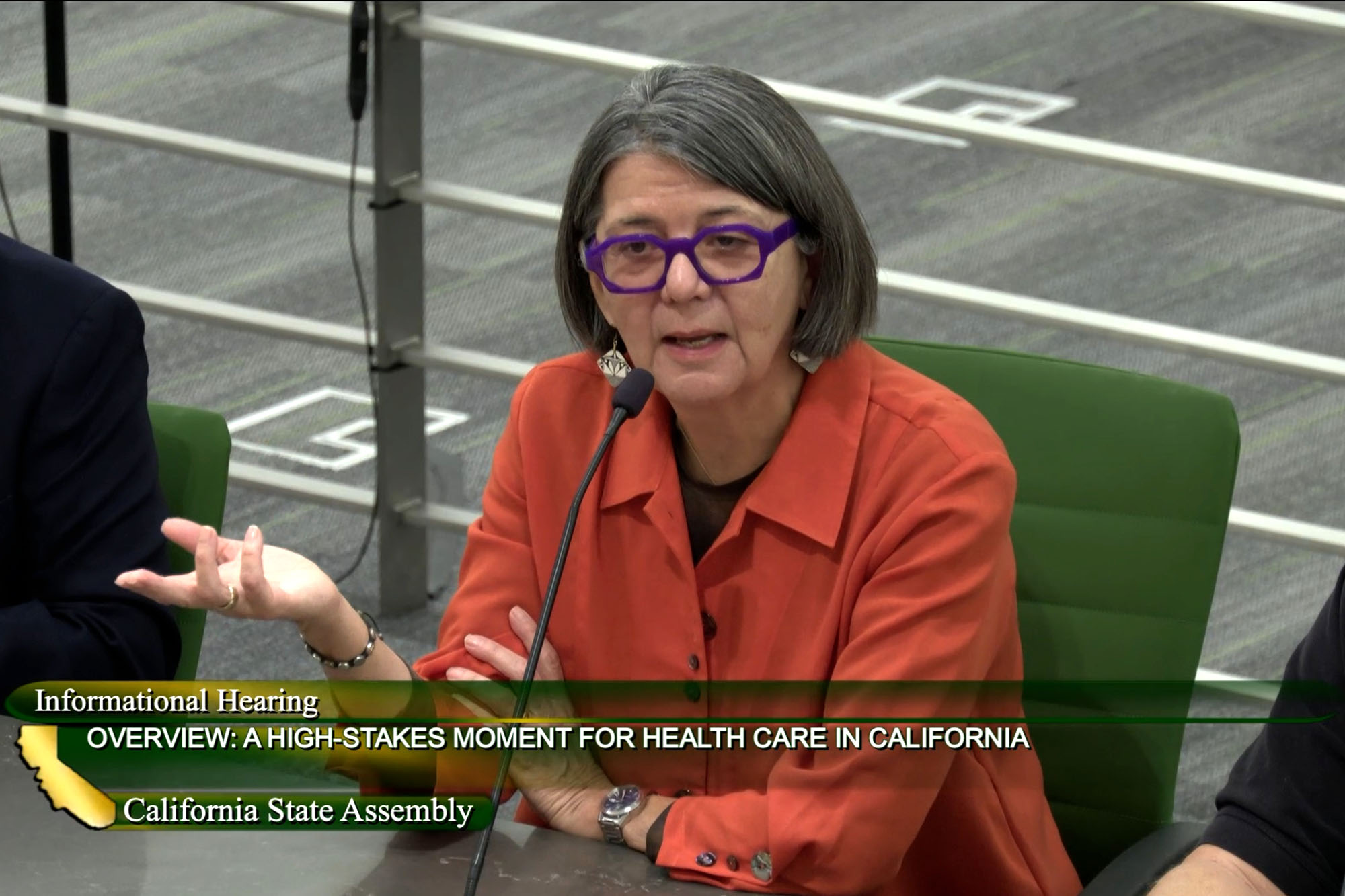
It is hard to find the words to describe the loss of Supreme Court Justice Ruth Bader Ginsburg. By all accounts, she was an incredible advocate, visionary, leader, family member, and friend. Many powerful tributes to her legacy will continue to be written in the days, months, and years ahead. She has especially inspired an entire generation of female leaders and lawyers, including myself, to use our skills to fight for equality and justice for all. Her voice, perspective, and powerful words will be sorely missed on the Supreme Court.
The loss of Justice Ginsburg has led to a flood of questions about what comes next for the court and the country. Who will be nominated to fill her seat? Will a new justice be seated by the time the court is scheduled to hear California v. Texas on November 10? How does the new makeup of the court, without Justice Ginsburg, affect the potential outcome in Texas? And what is the role of Congress in addressing the lawsuit? This post grapples with the answers to some of these questions and what they mean for the fate of the Affordable Care Act.
Before diving in, it must be emphasized that the plaintiffs’ arguments and lower court rulings in Texas remain remarkably weak, regardless of the makeup of the court. The lower courts’ legal conclusions — from standing to severability — have been roundly criticized by conservative legal scholars, the Wall Street Journal editorial board, the National Review editorial board, health care stakeholders, and Republican members of Congress and state officials (PDF), among others. The court’s decision in Texas, regardless of whether its justices are liberal or conservative, should be easy.
And yet here we are.
Continue reading the full post at the Health Affairs Blog.
Authors & Contributors

Katie Keith
Katie Keith, JD, MPH provides rapid response analysis for Health Affairs Forefront. She is the director of the Health Policy and the Law Initiative at the O’Neill Institute for National and Global Health Law at Georgetown University Law Center. Keith is also an associate research professor at Georgetown University’s Center on Health Insurance Reforms.
Keith was deputy assistant to the President and deputy director of the White House Gender Policy Council during the Biden-Harris Administration. Prior to that, she provided “Following the ACA” rapid response analysis for Forefront and was an appointed consumer representative to the National Association of Insurance Commissioners.
Keith is a co-founder of Out2Enroll, a national initiative to connect LGBTQ+ people with coverage options, and the founder of Keith Policy Solutions, LLC, a boutique consulting firm where she advised nonprofit and foundation clients.
She holds a master’s in public health from Johns Hopkins University and received her law degree from the Georgetown University Law Center.





